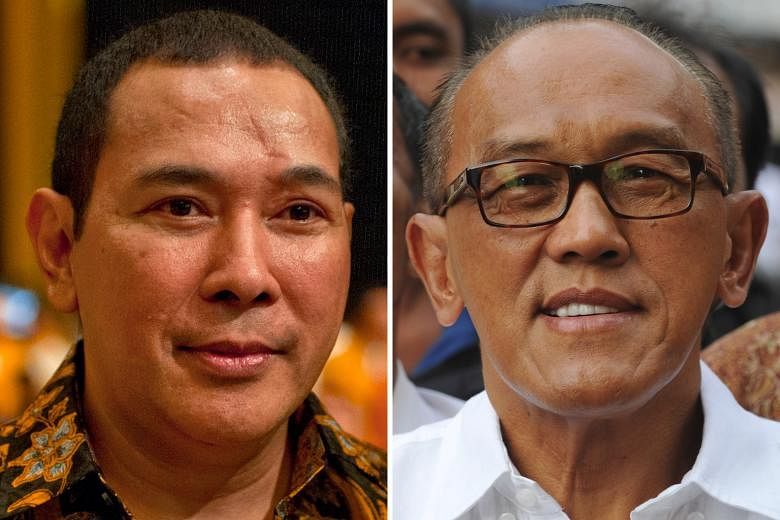Funds from Singapore repatriated by Indonesians accounted for more than half of the total amount sent back under the country's landmark tax amnesty scheme, which ends today.
More than 57 per cent, or 84.52 trillion rupiah (S$8.85 billion), was sent from Singapore as of yesterday, Antara state news agency quoted Mr Suryo Utomo, the Finance Ministry's tax compliance expert, as saying.
Singapore also accounted for most of the assets declared under the programme, or 73 per cent, worth 751.19 trillion rupiah, An- tara added.
The tax amnesty, introduced with much hype last July, was introduced as part of an initiative by the Indonesian government on tax reform which many believed was an attempt to raise revenue in the long term and rein in the Budget deficit.
Officials saw the amnesty as a way to recover billions of dollars in revenue lost to widespread tax evasion and in assets hidden overseas by wealthy citizens and businesses.
Under the scheme, generous tax rates from as low as 2 per cent to 10 per cent were offered, depending on when individuals declared their hidden assets, and whether the funds were repatriated.
Besides Singapore, huge amounts have also been declared by Indonesians owning assets in the British Virgin Islands, Hong Kong, Cayman Islands, Australia and elsewhere.
The amnesty scheme has, however, fallen short of expectations as it draws to a close, realising only a fraction of the government's target of 1,000 trillion rupiah, which some had dismissed as overly ambitious.
As of yesterday, the total amount of funds repatriated was only S$15.3 billion, according to the Taxation Directorate General website. Total assets declared by taxpayers reached S$493 billion, including S$108 billion abroad.
Officials, however, continue to tout the amnesty scheme as the most successful in the world, comparing it to similar efforts in countries such as India and Australia.
They said that the total declared assets had exceeded the original target of 4 quadrillion rupiah (S$419 billion).
More than 800,000 people had signed up for the amnesty scheme. Among them were a number of high-profile taxpayers. They included former president Suharto's son Tommy, tycoon Aburizal Bakrie, the Thohir brothers and the Riady family.
United Overseas Bank, in a statement yesterday, said that Indonesia's foreign exchange reserves had received a boost from the repatriation scheme, even though the amount had "underperformed targets".
The Indonesian authorities are now setting their sights on those who did not participate in the programme and continue to evade taxes.
Officials plan to scrutinise credit card data from banks and compare that with tax reports after the amnesty programme uncovered huge amounts in previously undeclared assets.
Those who took part in the amnesty would be "supervised", while those who did not would pay a much heavier price, including penalties of as much as 200 per cent, Mr Hestu Yoga Saksama, director of public relations at the Directorate General of Taxation, told reporters yesterday.

